2025 Walking Summit Speakers
Keynote Speakers
Dr Alice Miller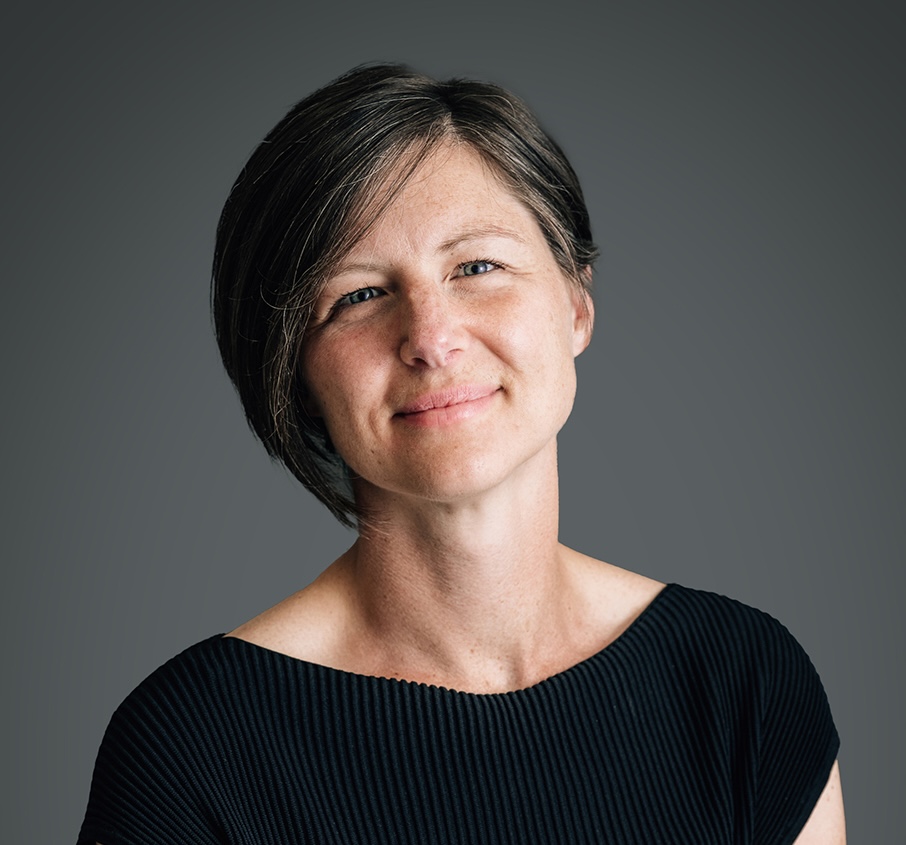
Dr Alice MIller is a medical doctor and PhD student in public health at the University of Otago.
Corporate political activity and walkable streets – what we learnt about the road lobby
Alice will be presenting about her research on the “Road Lobby”, a group of trade associations across the road transport sector that work to influence transport policy to lobby for vehicle transport and make the case against public transport and active transport. Read this interview with Alice to learn more about her research.
 Dr Eva Neely
Dr Eva Neely
Dr Eva Neely is a senior lecturer at Te Herenga Waka-Victoria University of Wellington. Her research sits at the intersection of mother/parenthood, place, embodiment, and health. She is especially curious about the experiences of parents in cities, and how walking with children can reveal both the challenges and opportunities of sub/urban life.
Parent-centred urbanism: Rethinking walking, health and the planning of sub/urban environments for (new) parents
Eva will share the emerging research platform of Parent-Centred Urbanism (Facebook link), showing how paying attention to parents’ walking journeys and use of sub/urban space can help us imagine more welcoming, accessible, and caring cities for everyone. Read this interview with Eva to learn more about Parent-Centred Urbanism.
Workstream Speakers
Walking for Wellbeing
Walking is important to wellbeing because it can improve physical and mental health, enrich community connection, and is a resilient and sustainable mode of transport. Speakers will talk about the many health and wellbeing advantages of walking and how walking can be better encouraged and supported for all of its benefits.
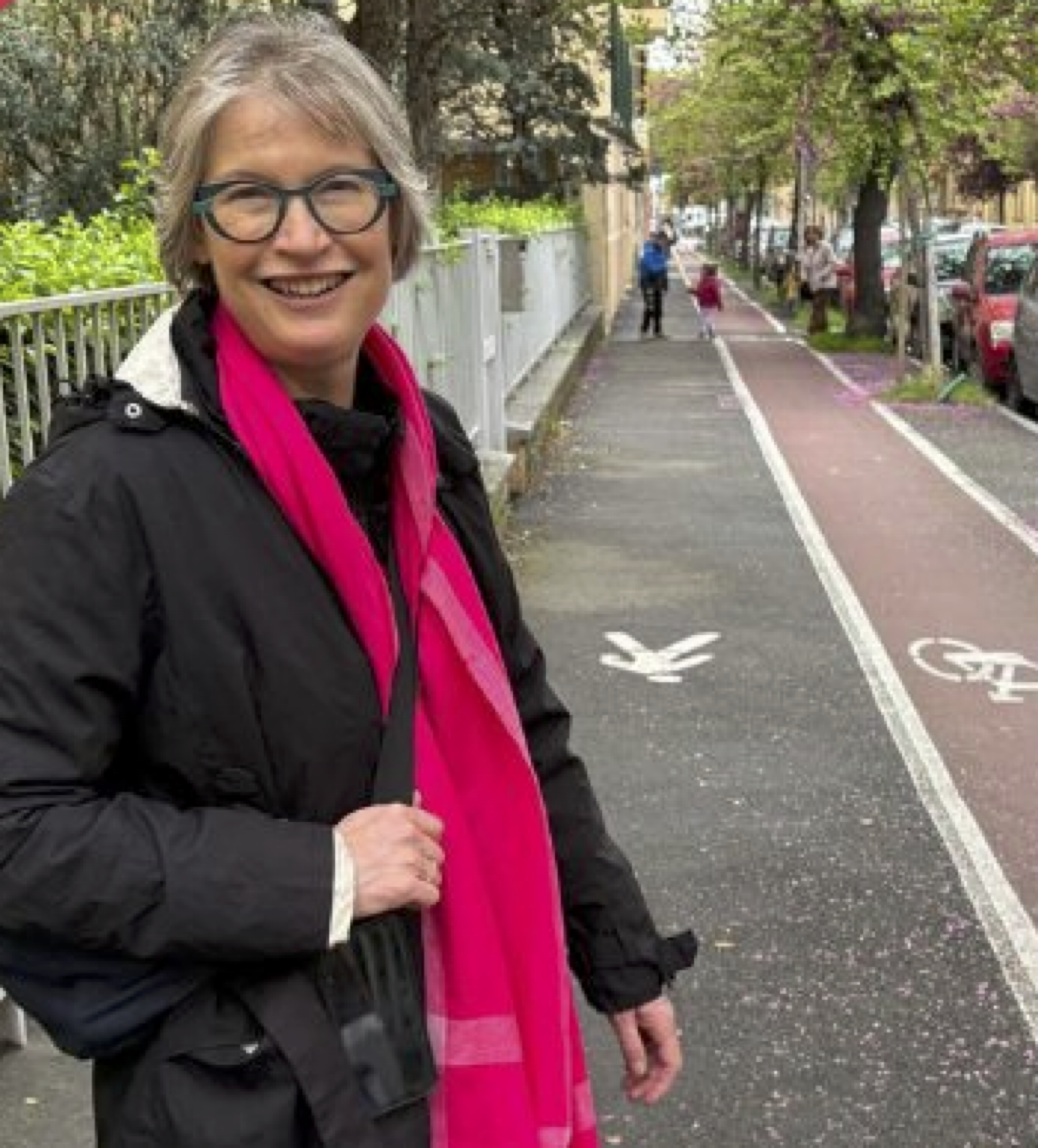 Dr Anna Stevenson, Walking for wellbeing – a public health perspective
Dr Anna Stevenson, Walking for wellbeing – a public health perspective
Dr Anna Stevenson currently works as a Public Health Medicine Specialist leading a Health in All Policies Kaupapa in the Waitaha National Public Health Service, Te Whatu Ora. Anna graduated from Auckland Medical School, and trained and worked in General Practice in a variety of locations around the country before specialising in Public Health Medicine. Her work has focussed around the determinants of health and wellbeing including climate change and environmental sustainability, transport, alcohol harm minimisation and urban design and planning.
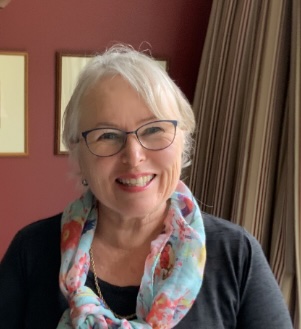
Rosie Woods, The Geraldine Sculpture Trail
Rosie Woods is a Geraldine resident, and her involvement in the Geraldine community has grown over the past 17 years and now includes a portfolio of community work which keeps her busy and challenged. She is a board member of the Geraldine Community Board, the Geraldine Licensing Trust and Geraldine.nz. A large portion of her time is dedicated to the role of Project Co-ordinator of the Geraldine Sculpture Trail project, a busy, diverse, engaging, and very fulfilling role.
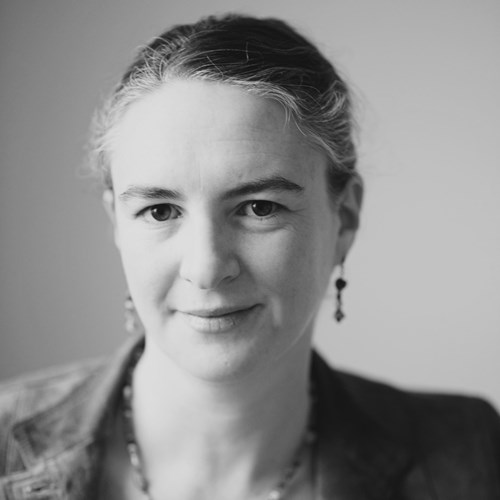
Antonia Malchik, A Walking Life: Walking's Role in Personal and Community Wellbeing
Antonia Malchik has written essays and articles for Aeon, the Los Angeles Times, The Atlantic, and a variety of other publications. Her first book, A Walking Life, is about walking’s role in our shared humanity and the damages caused by a car-centric culture. Antonia lives in northwest Montana, USA, where she is working on a book about ownership and writes On the Commons, a newsletter about the commons, private property, commodification, and humanity's relationship with ownership, ecosystems, and one another.
Pedestrian-Centred Design
Pedestrian and urban design are key features that enable or impair the ability and choice to walk. Panelists will share best practice and guidance from all stages of pedestrian-centred design and examples of improving existing design to prioritise the needs of pedestrians.
Patrícia Vasconcelos, What's new in the Pedestrian Network Guidance?
Patrícia Vasconcelos, a Principal Specialist Multi-modal at NZTA Waka Kotahi, has been working in the active modes area for over twenty years. Her current focus is on the development of multi-modal, particularly active transport, planning and design guidance that enables a safe and healthy transport system for all.
 Dr Catherine Knight, Saving the planet one walkable neighbourhood at a time
Dr Catherine Knight, Saving the planet one walkable neighbourhood at a time
Dr Catherine Knight works in public policy, with a focus on creating liveable cities, especially through better urban form and provision of public and active transport. Catherine is an award‑winning environmental historian and author of several acclaimed books including Beyond Manapouri: 50 years of environmental politics in New Zealand and Nature and Wellbeing in Aotearoa New Zealand. She has a strong interest in post-growth and wellbeing economy and writes on these topics on Newsroom, The Spinoff and on Substack. Catherine is also an Honorary Research Associate at Massey University.
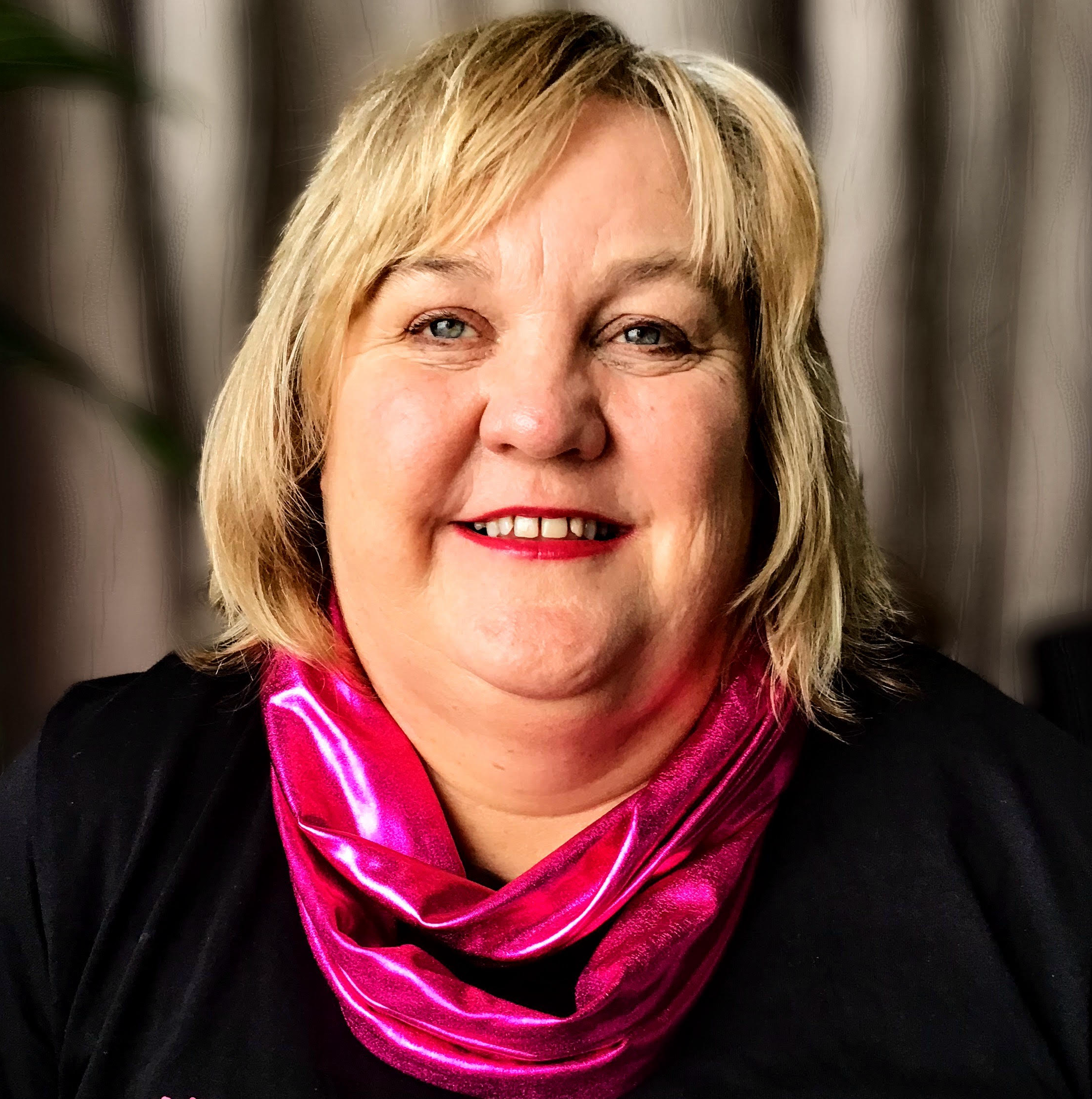 Julie Woods, Walking every street in Dunedin as a blind woman
Julie Woods, Walking every street in Dunedin as a blind woman
When life threw Julie Woods a curveball in 1997, as a newly blind mother she had every reason to say ‘no.’ No to adventure. No to opportunities. No to the unknown. But instead, she flipped the script, embraced the challenge, and decided to say Why Not?
From learning Braille to refereeing nude touch rugby, from walking every street in Dunedin to visiting 50 countries before 50, Julie is proof that the most unexpected journeys begin with two simple words.
Julie is a professional speaker, Global Ambassador for Blind Low Vision, advocate, author, and coach.
Creating Walkable Streets
This session will highlight the work that councils, transport organisations, and community groups are doing to make streets more walkable. Whether it be through infrastructure, policy, or community engagement, these panelists will discuss examples of changes that put pedestrians first and make recommendations about how to improve walkability in Aotearoa.
Vida Christeller, Creating good environments for walking is key to delivering on WCC's vision: Pōneke - the creative capital where people and nature thrive
Vida Christeller has almost 20 years of experience designing cities for people. The first part of her career was spent in Copenhagen where she worked on planning, designing and delivering urban regeneration and affordable housing projects. In 2019, Vida returned home to Wellington and now leads the City Design team at Wellington City Council, who are implementing the Council’s strategy for a sustainable, well-designed Wellington—supporting safe walking and cycling, urban greening, public space upgrades, neighbourhood regeneration and affordable housing initiatives.
“I love cities. They are living organisms. Always changing and adapting. They are messy and emotional; there is no perfect finished state. The City Design team is privileged to be a key part of the change which Pōneke is currently in the midst of. Our City is evolving, moving from suburbs and a CBD designed to support the 1/4 acre dream to an urban hub, a dense and diverse city, nestled in the hills and surrounded by water and wind, with places, spaces and streets designed for people and nature to thrive.”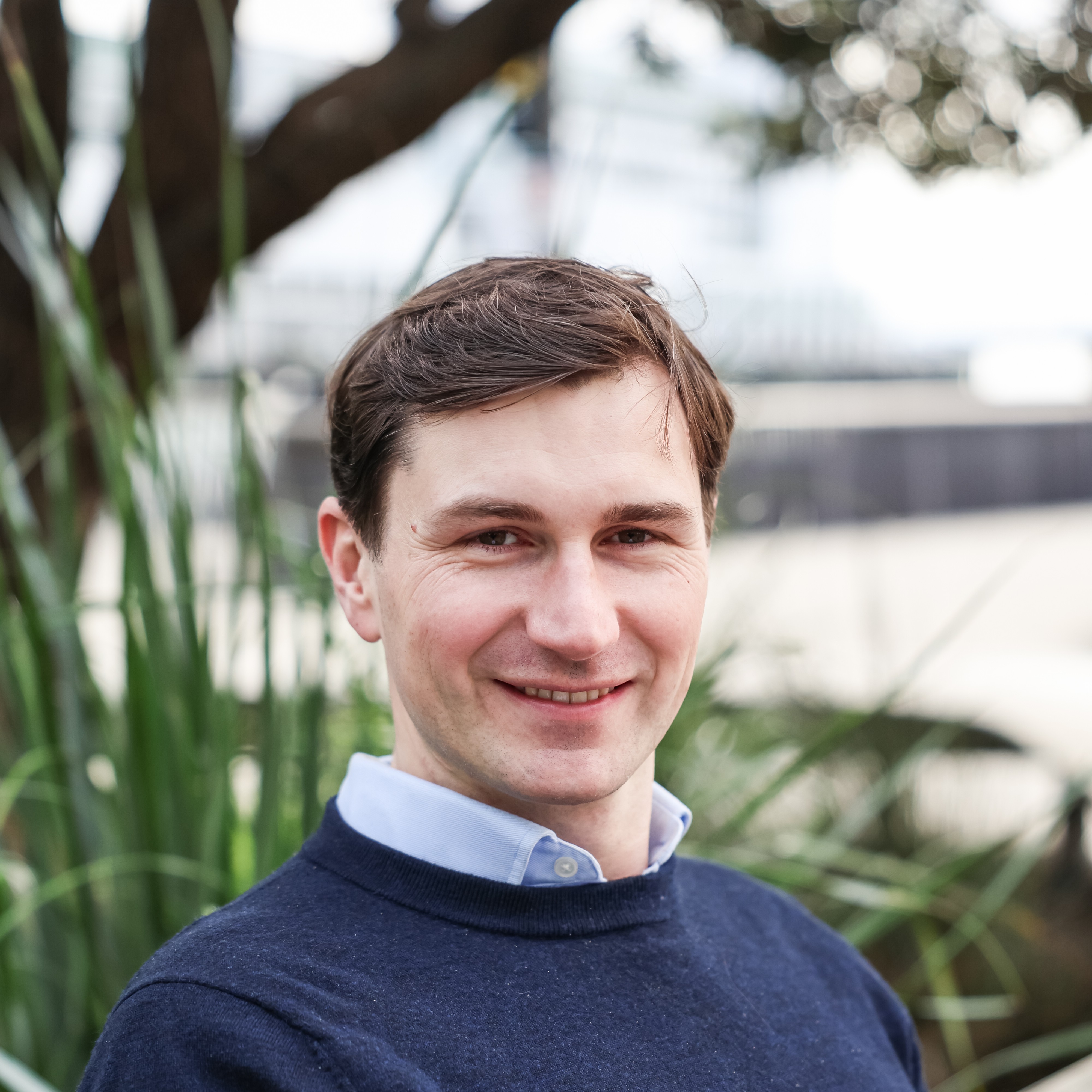
Sam Hood, The case for separated paths
Sam Hood is an experienced transport engineer at MRCagney. He specialises in designing safe, efficient, and legible multi-modal streets. His expertise spans the full project lifecycle, from strategic planning and community engagement to detailed design, including project management. He has led the design of numerous urban street improvement projects, conducted design reviews for many transport projects, and contributes to the development of training courses, guidance, and standards.
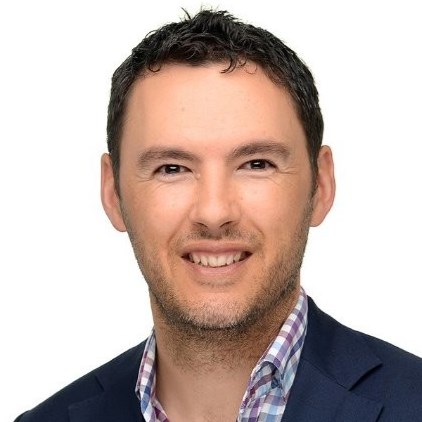
Peter McGlashan, Lessons for working with communities from Transport Choices and Business As Usual delivery methods
Peter McGlashan is Manager Urban Mobility at NZTA Waka Kotahi, leading initiatives that promote active transport and sustainable urban design. With a background in community engagement and strategic leadership, Peter brings a collaborative approach to transforming mobility systems across Aotearoa. He has championed walking and cycling programs, supported system-wide policy development, and driven insights to empower local councils and stakeholders. A former elite athlete and local government politician, Peter blends lived experience with policy expertise to advocate for inclusive, people-focused transport solutions.
Making Our Streets Safer for Walking
Making sure our streets are safe and feel safe is essential for all pedestrians, and a critical factor in more people choosing to walk. This stream will feature experts in road safety research, policy, and implementation. The panel discussion will focus on features that improve safety and the perceptions of safety for pedestrians on our streets.
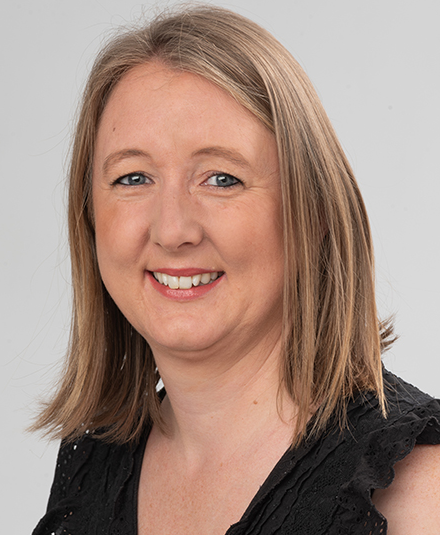
Dr Angela Curl, Where do falls happen? Auditing the urban environment for pedestrian falls risk
Dr Angela Curl is Senior Lecturer in the Department of Population Health at the University of Otago Christchurch. She is interested in how public policies, particularly in transport, urban planning and housing, can address health inequalities and transport disadvantages. Angela undertakes research exploring perceptions and experiences of accessibility and how these interact with the built environment to influence outcomes, such as travel behaviour, transport disadvantage, physical activity, health and wellbeing, for different population groups. Her research focuses on the experiences of older adults and lower income groups.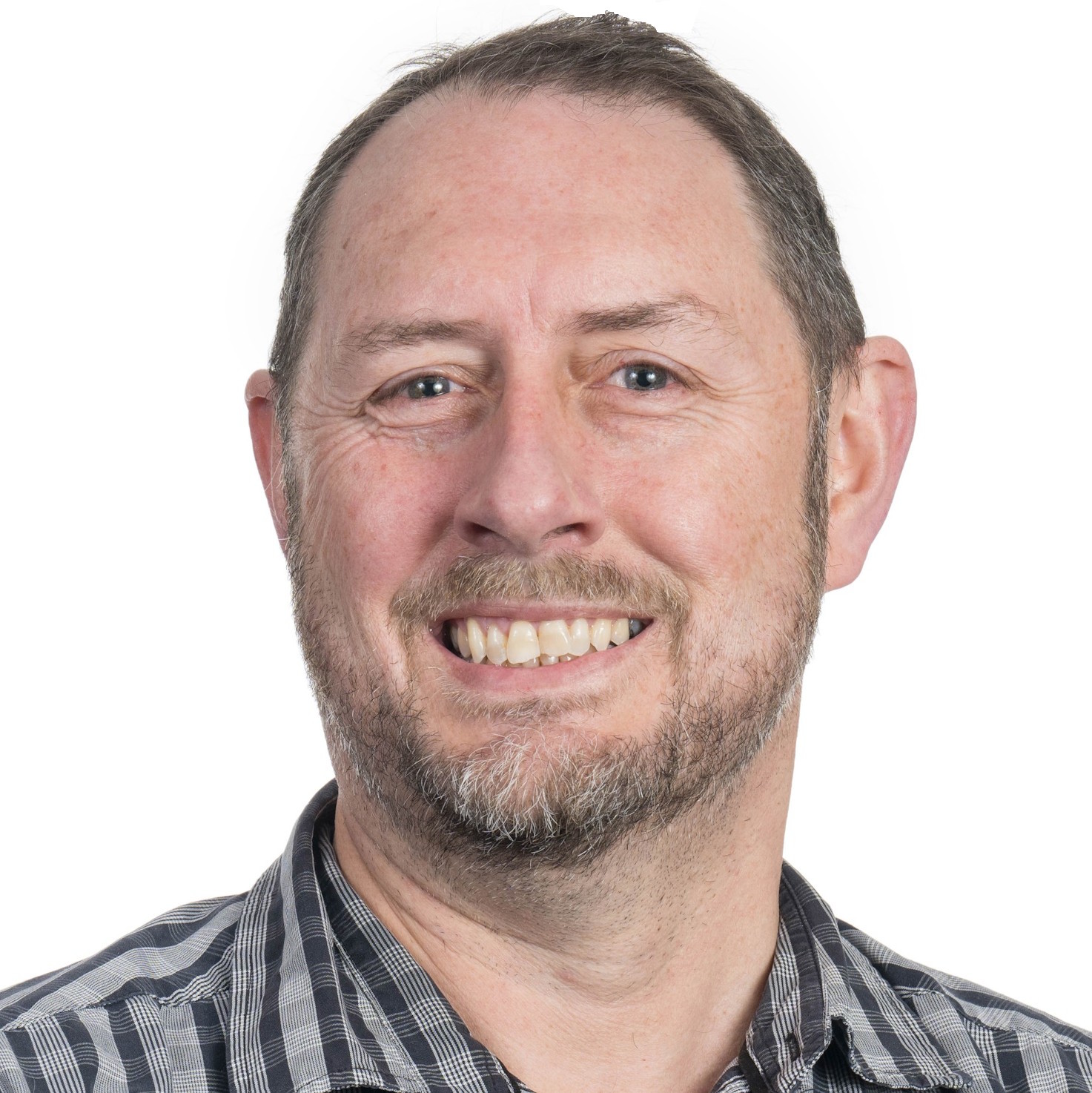
Dr Glen Koorey, Hidden Harm – Walking Injuries from Slips and Falls
Dr Glen Koorey joined ViaStrada in 2016 (having previously worked at the University of Canterbury and Opus International Consultants) and is now a Director there, working for various national and local clients providing expert transport advice and industry training and guidelines. He specialises in road safety and sustainable transport, with particular interest and expertise in walking & cycling and speed/traffic management.
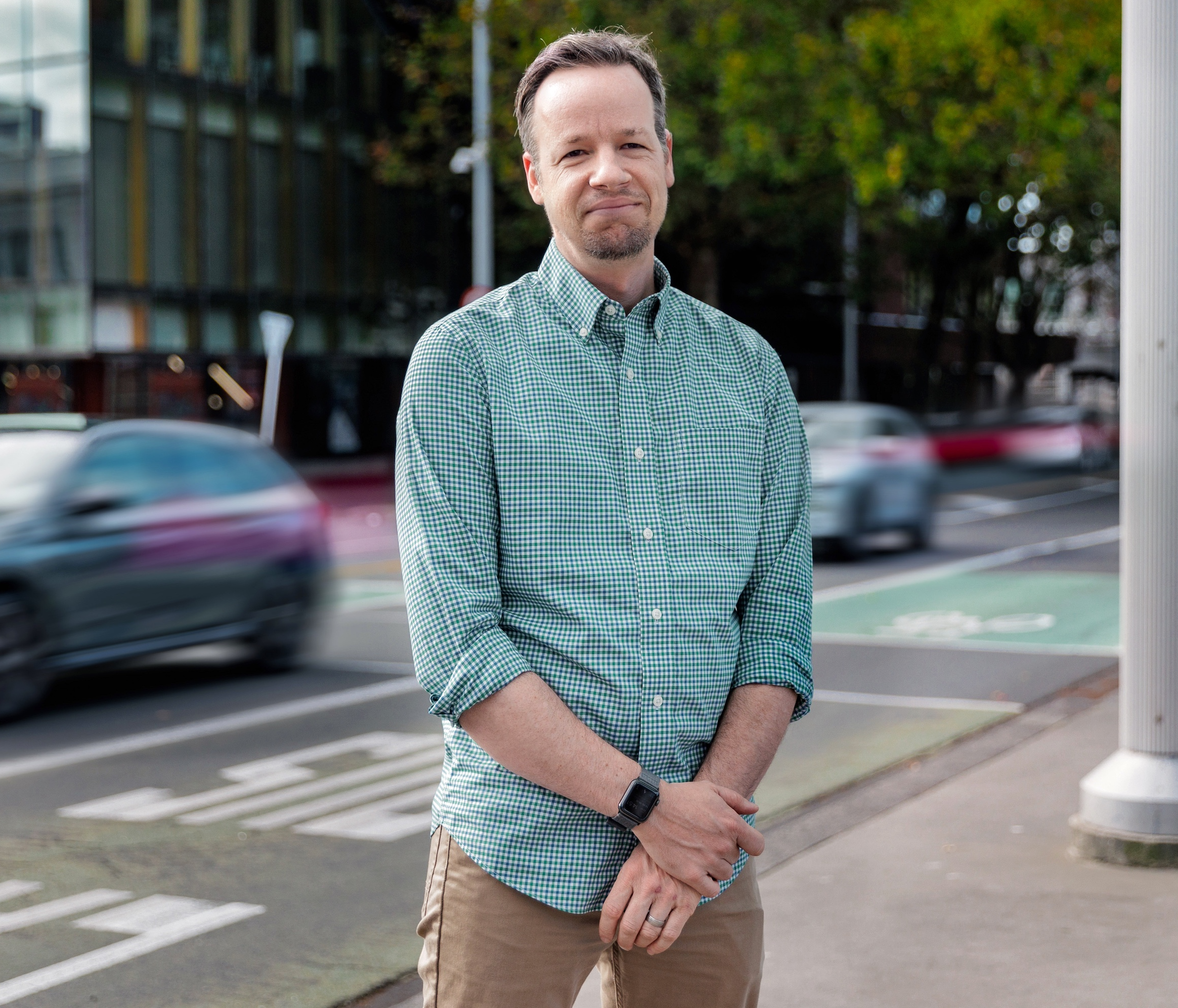
Dr Timothy Welch, Safe Streets For All: How Micromobility Infrastructure Impacts Pedestrian Safety and Equity
Dr Timothy F. Welch is a Senior Lecturer in Urban Planning at the University of Auckland. He specializes in sustainable transportation, equity, and infrastructure planning, recently leading the Suburban Micromobility Hub Network Pilot Programme in Glen Eden. His work focuses on real-world applications to create more equitable and sustainable cities.
Changemakers
The Changemakers session will celebrate community advocates and campaigns that put walking first. Community advocates, opinion leaders, and everyday walking champions will share their experiences and inspiration to advocate for walking. 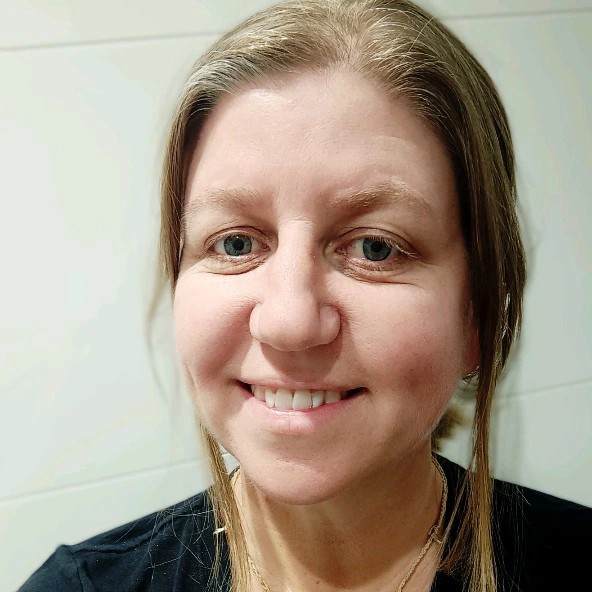
Dr Bridget Doran, A survivable future: from What to How
Dr Bridget Doran is an independent transport engineering consultant and based in Hamilton. She has degrees in civil and transportation engineering and a doctorate in applied cognitive psychology. Bridget's work focuses on accessible and inclusive transport policy and practice, with an undercurrent of shifting towards a sustainable ecosphere.
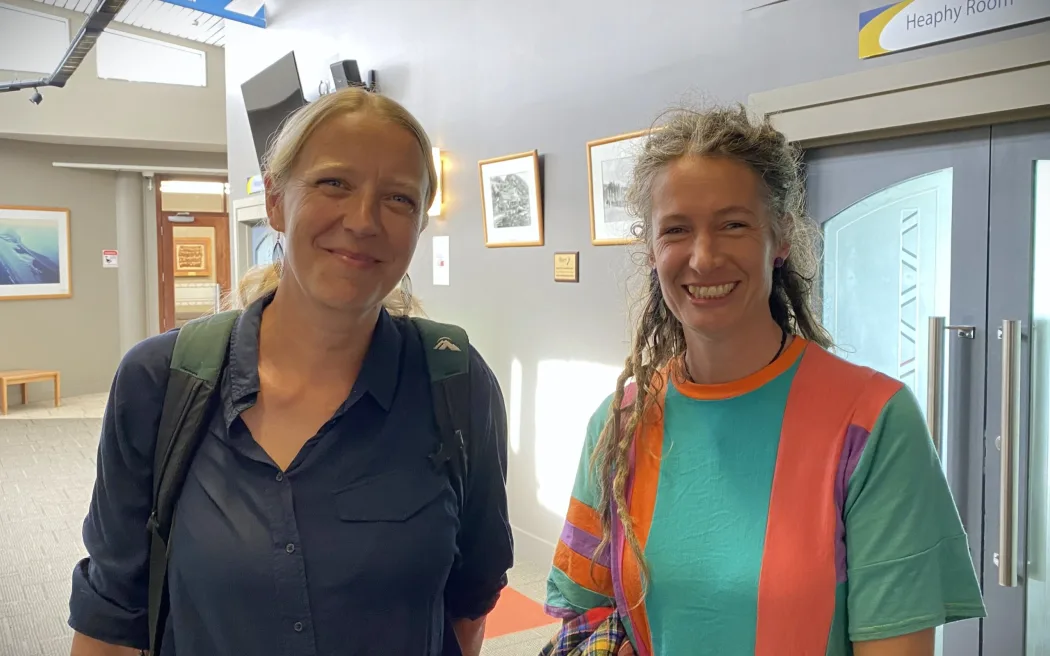 Femke Meinderts and Emily Osborne, Keeping it 60: How a community fought to retain safer speed limits to protect active transport initiatives
Femke Meinderts and Emily Osborne, Keeping it 60: How a community fought to retain safer speed limits to protect active transport initiatives
Femke Meinderts (left) is a teacher, keen cyclist and mother of two primary school aged children. Growing up in rural Waikato, Femke became very aware early on of the importance for young people and anyone who can not or chooses not to drive, to have access to viable alternative transport options. Together with Emily, she established Parents for Active Transport Atawhai (PATA) with the aim of achieving improvements in local infrastructure for all road users.
Emily Osborne (right) has a background in agriculture and community advocacy. She is a gumboot wearing mother who likes dogs and bicycles. What really excites Emily is people ditching their apathy and getting together to make positive changes in their communities.
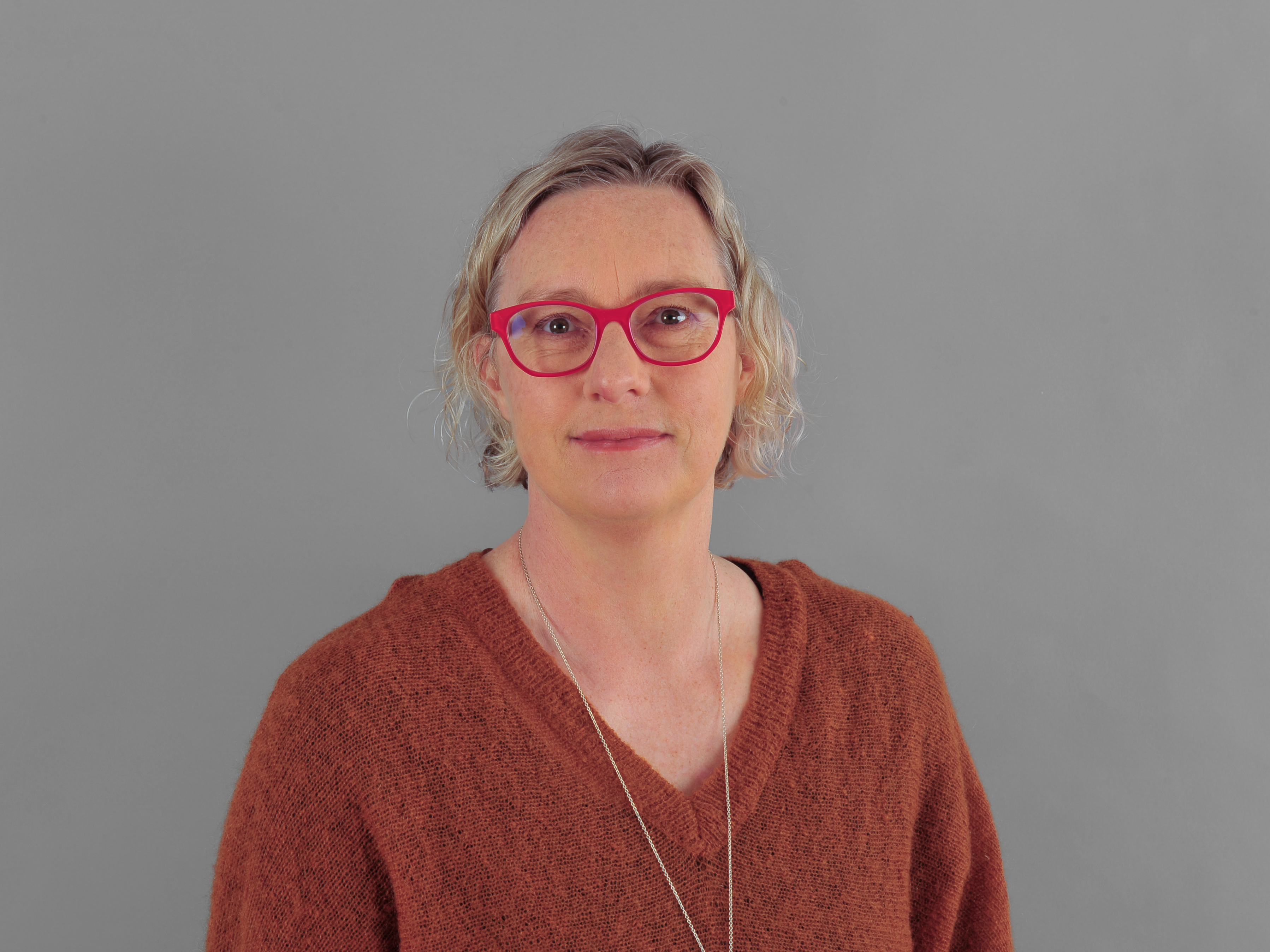
Dr Caroline Shaw, Health and equity impacts of decarbonising transport in Aotearoa
Associate Professor Caroline Shaw is a public health medicine specialist and epidemiologist at the Otakou Whakaihu Waka, Poneke | University of Otago Wellington. Her expertise is in planetary health, particularly the climate- transport-health nexus. She has published extensively on low carbon transport, transport equity and the health impacts of transport.
